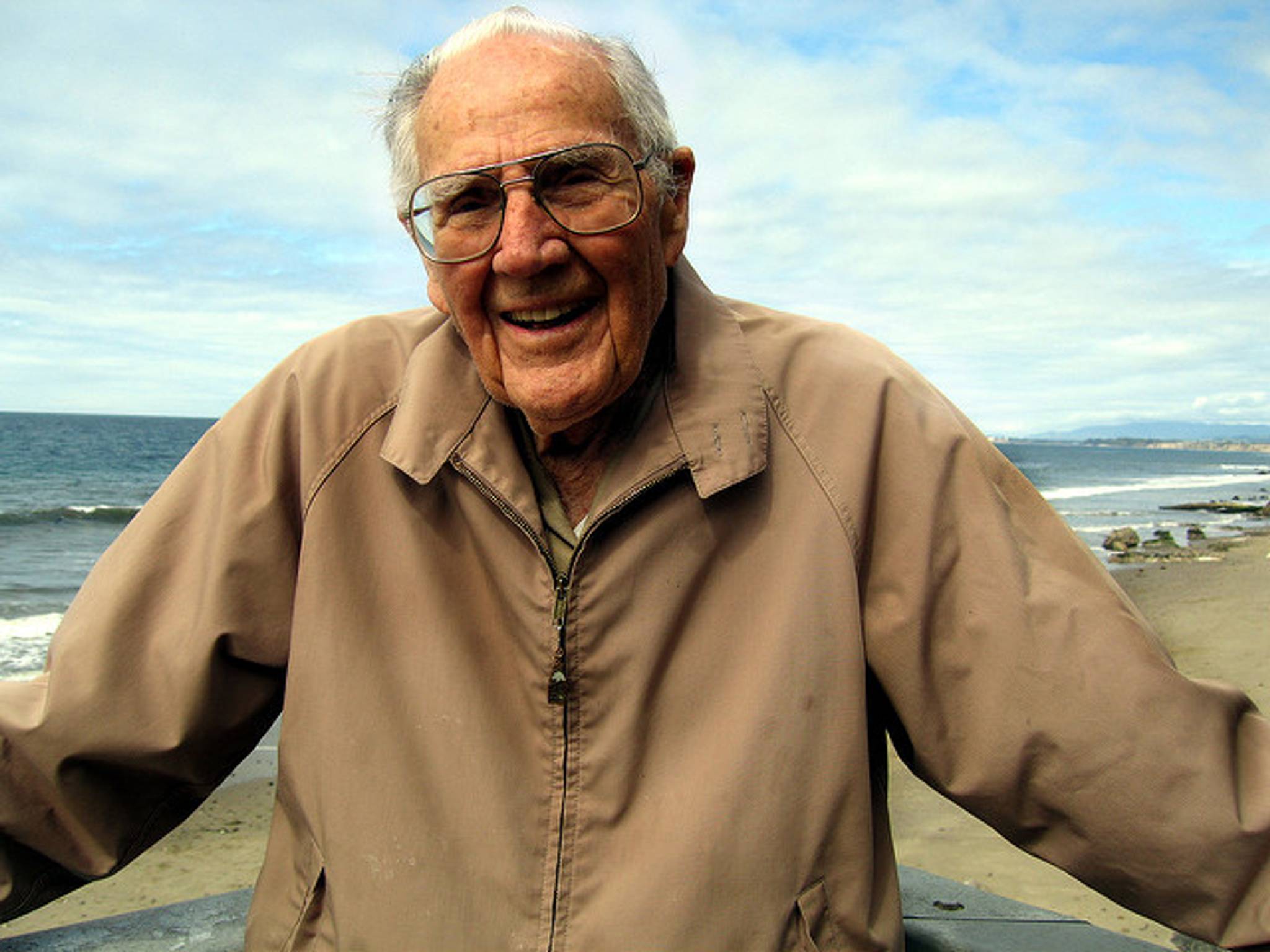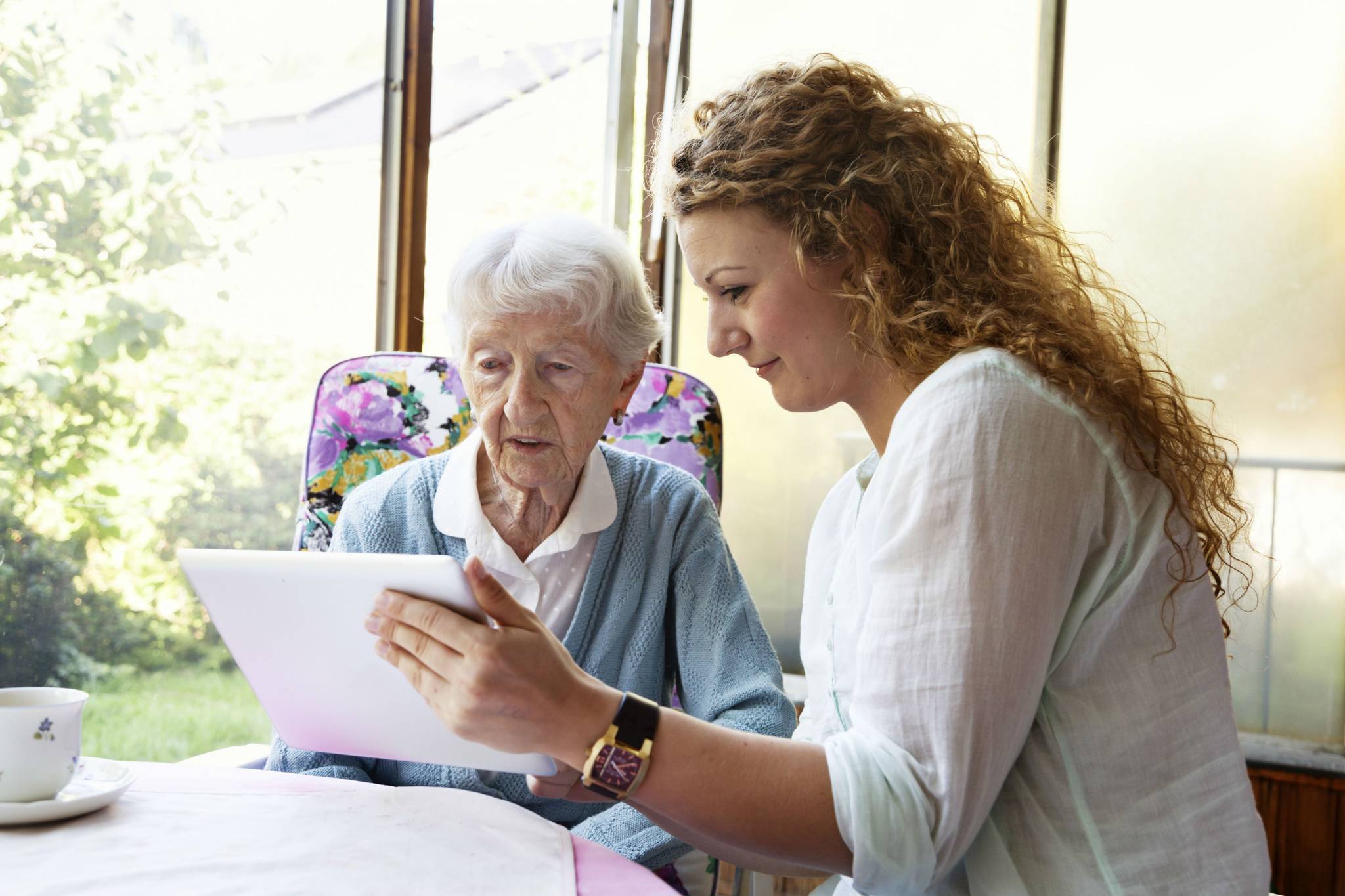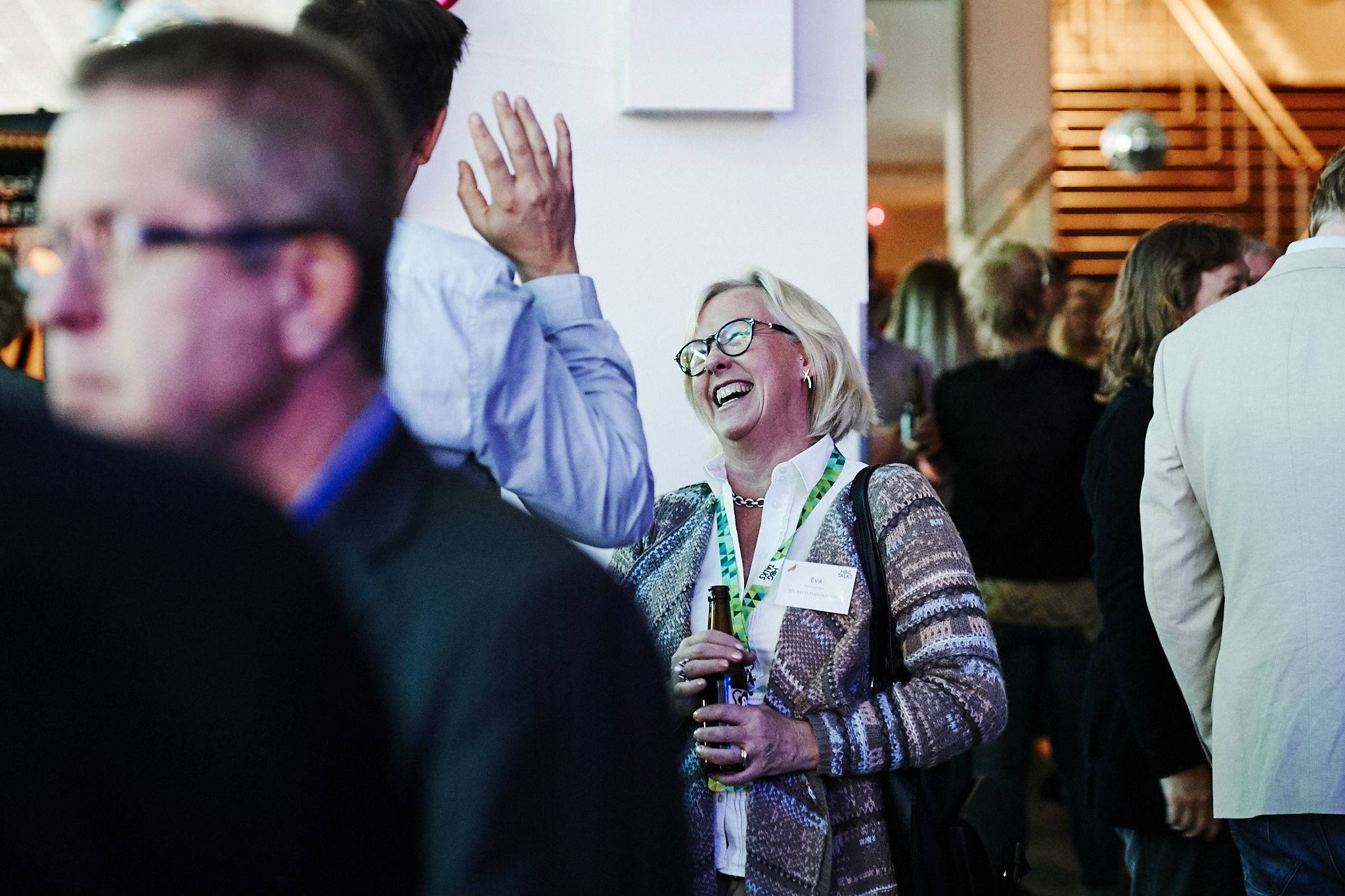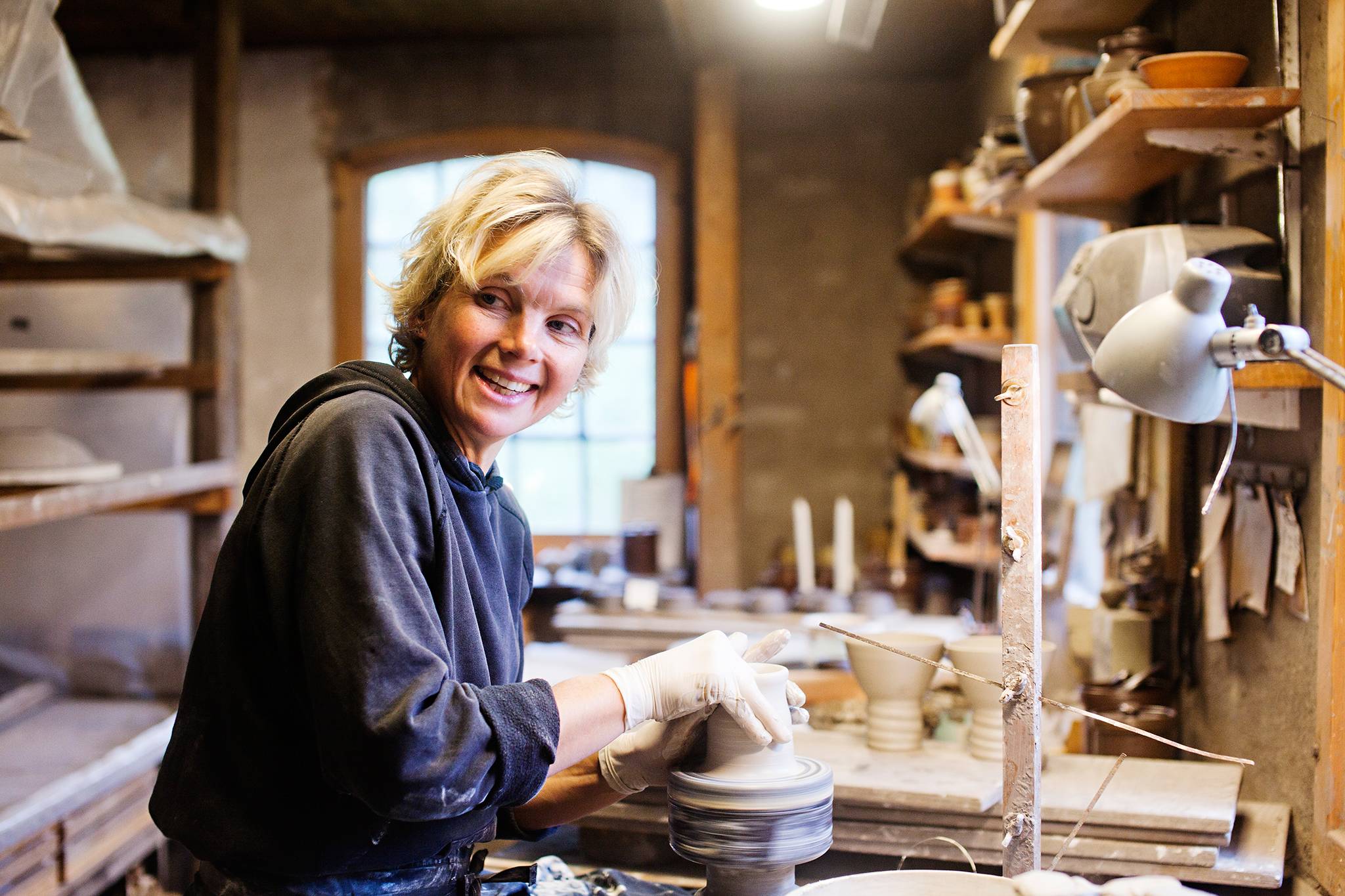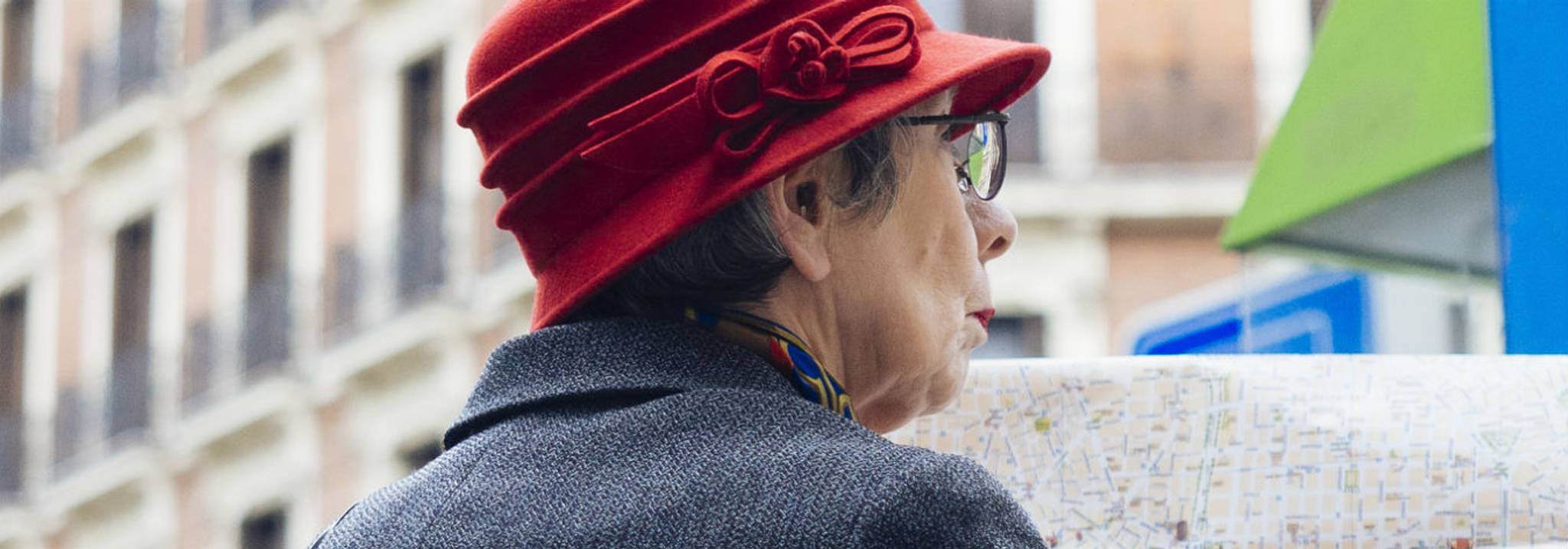
You’re only as old as you feel. But being labelled ‘old’ by society at large as soon as you hit 65 probably isn’t helping people hold onto the energy and enthusiasm of younger years. Gerontologist Sarah Harper explains the science behind why those in their 60s, 70s and 80s would prefer to be known as active adults instead.
Thanks to continual healthcare developments and the improving quality of later life, people are living longer than ever. And despite the stereotypes, research suggests that our later years are actually the best of our lives; 61% over-50s say they enjoy life more now than when they were younger. Boomers are retiring to the city with friends and taking gap years, while seniors are using hobbies and technology to stay healthy and independent.
To match these new realities, experts argue that the language around ageing needs to change. “We should not even be calling people old until they reach what [the historian Peter] Laslett calls the fourth age," says Sarah Harper, gerontologist and director of Oxford Institute of Ageing. "That time where we will become frail and enfeebled. Old age should be the fourth age. Everything else should be active adulthood.”
Over half of Boomers aren't comfortable with the label of 'senior' and 62% of British over-65s say they don’t feel as old as they are. But while three quarters of older people feel completely ignored by the media, some brands are already responding to the shifting tone; senior centres are changing their names to more youthful titles like '125 Live', while Walgreens targeted ‘active adults’ with its Carpe Med Diem, which showed two grey-haired customers purchasing purple hair dye for their high school reunion. Clearly it’s time to rethink our attitude to - and language around - our elders.
Katy Young is a behavioural analyst at Canvas8, which specialises in behavioural insights and consumer research. She has a degree in American Studies and Film, and an MA in Journalism. Her interests include thinking of podcast ideas and singing in an all-female choir.
